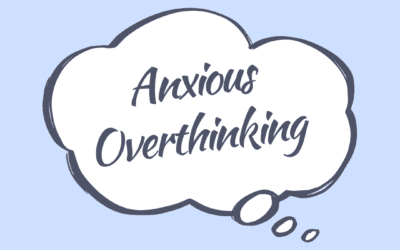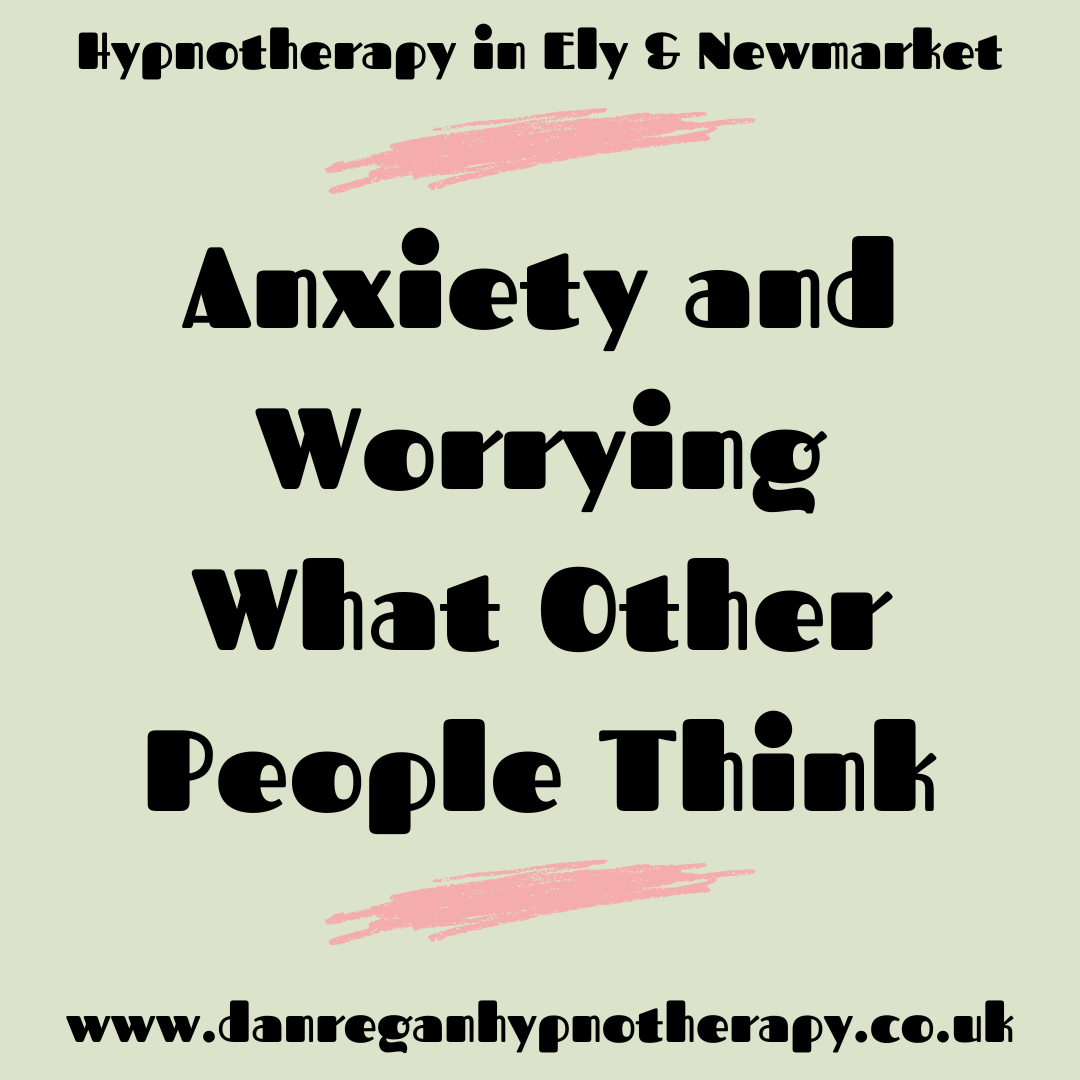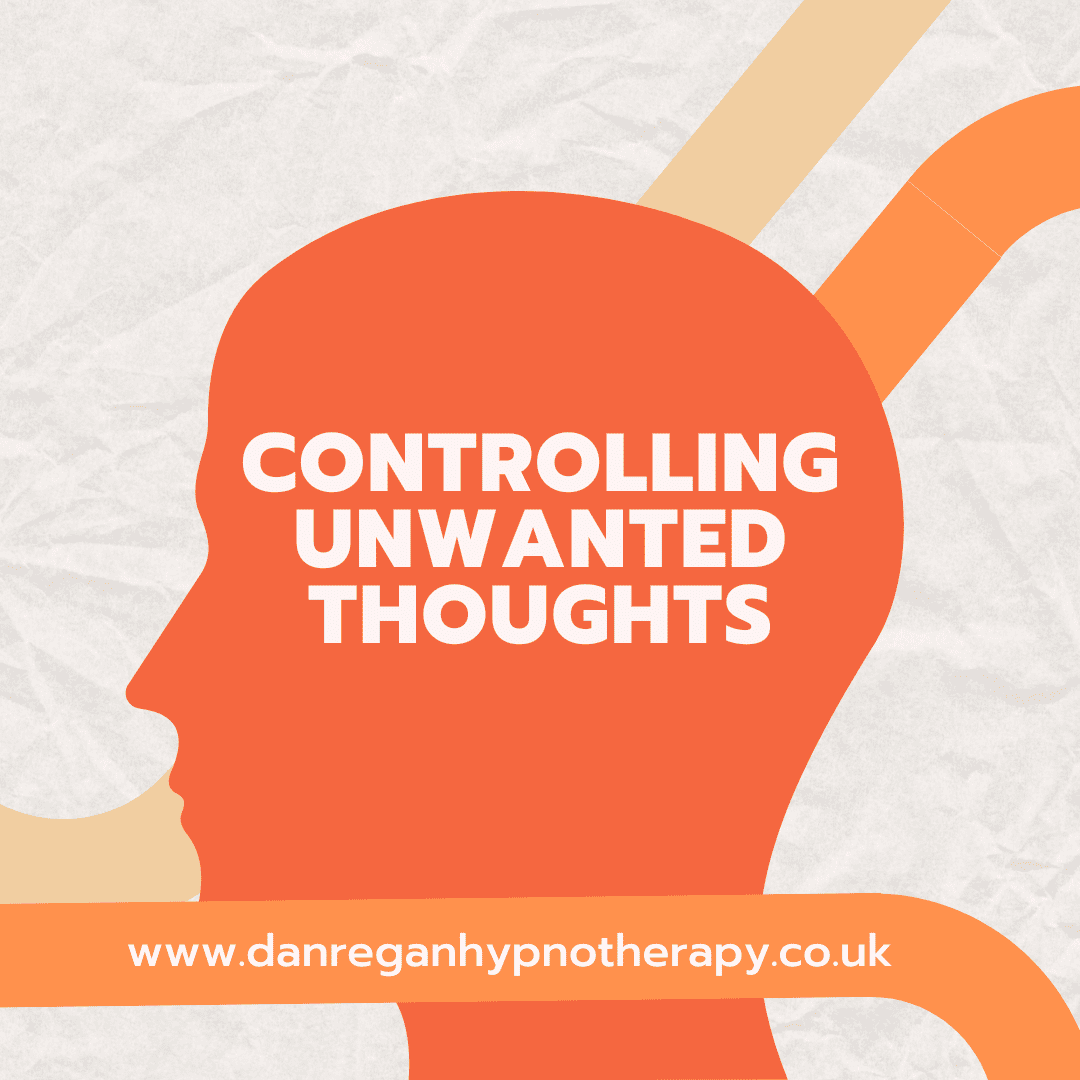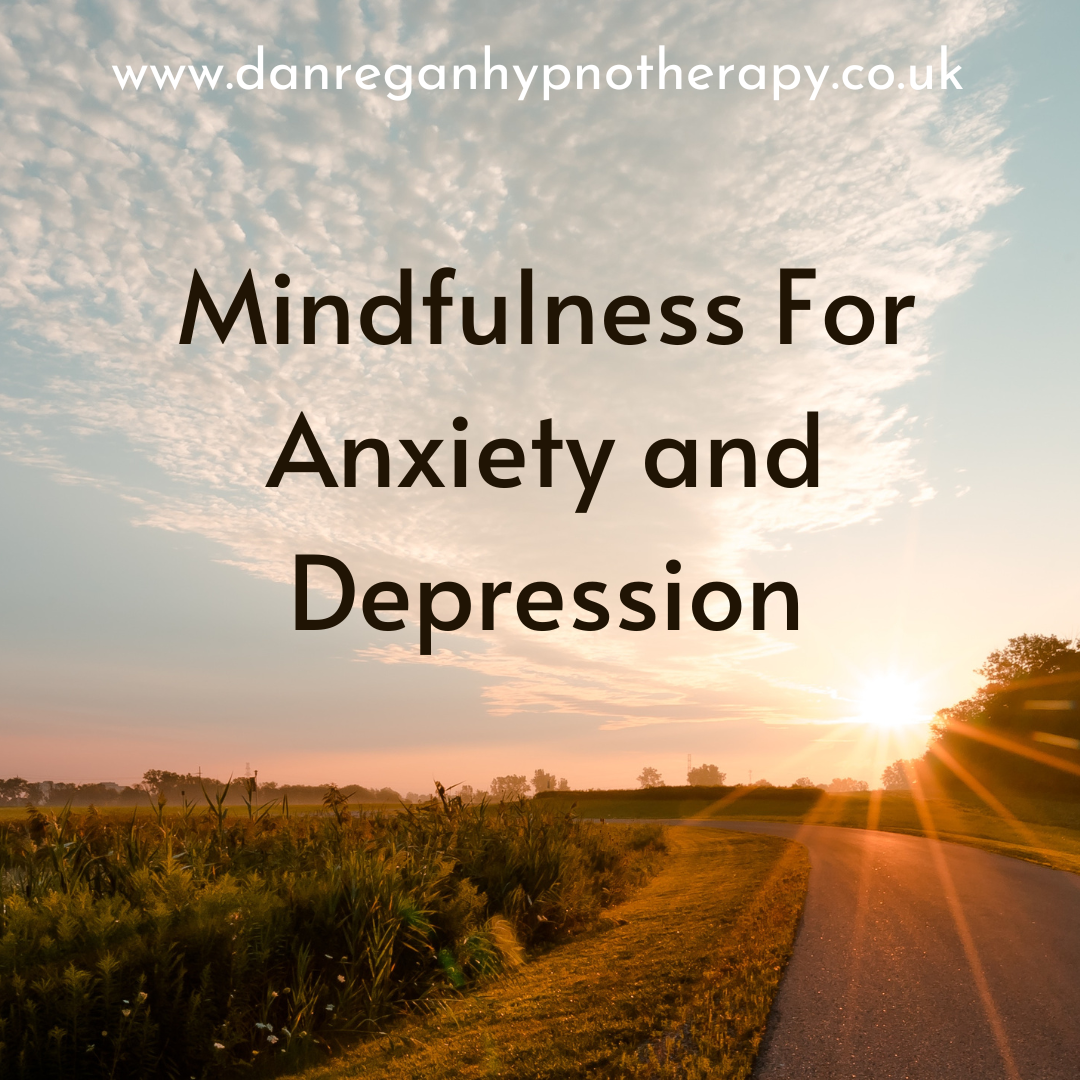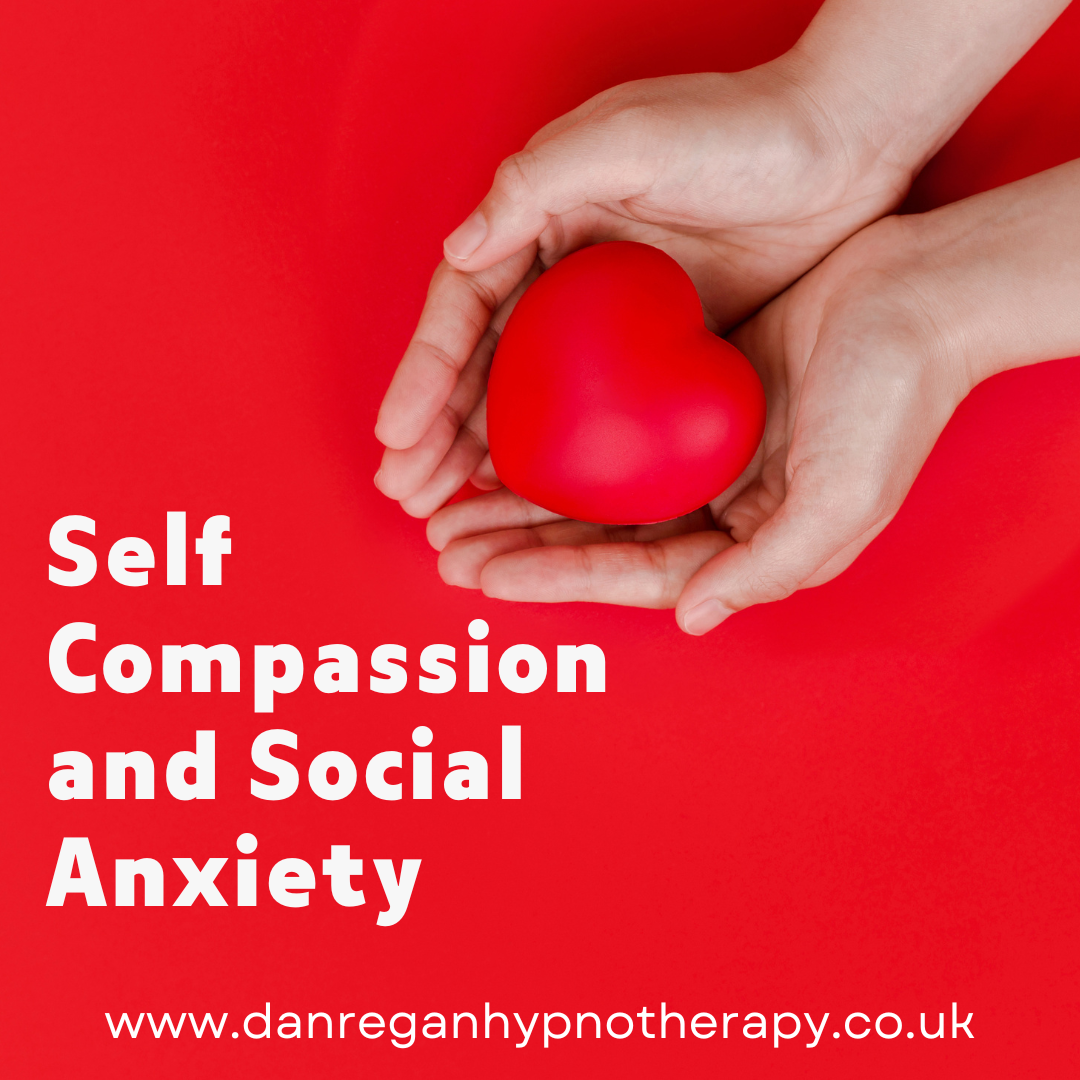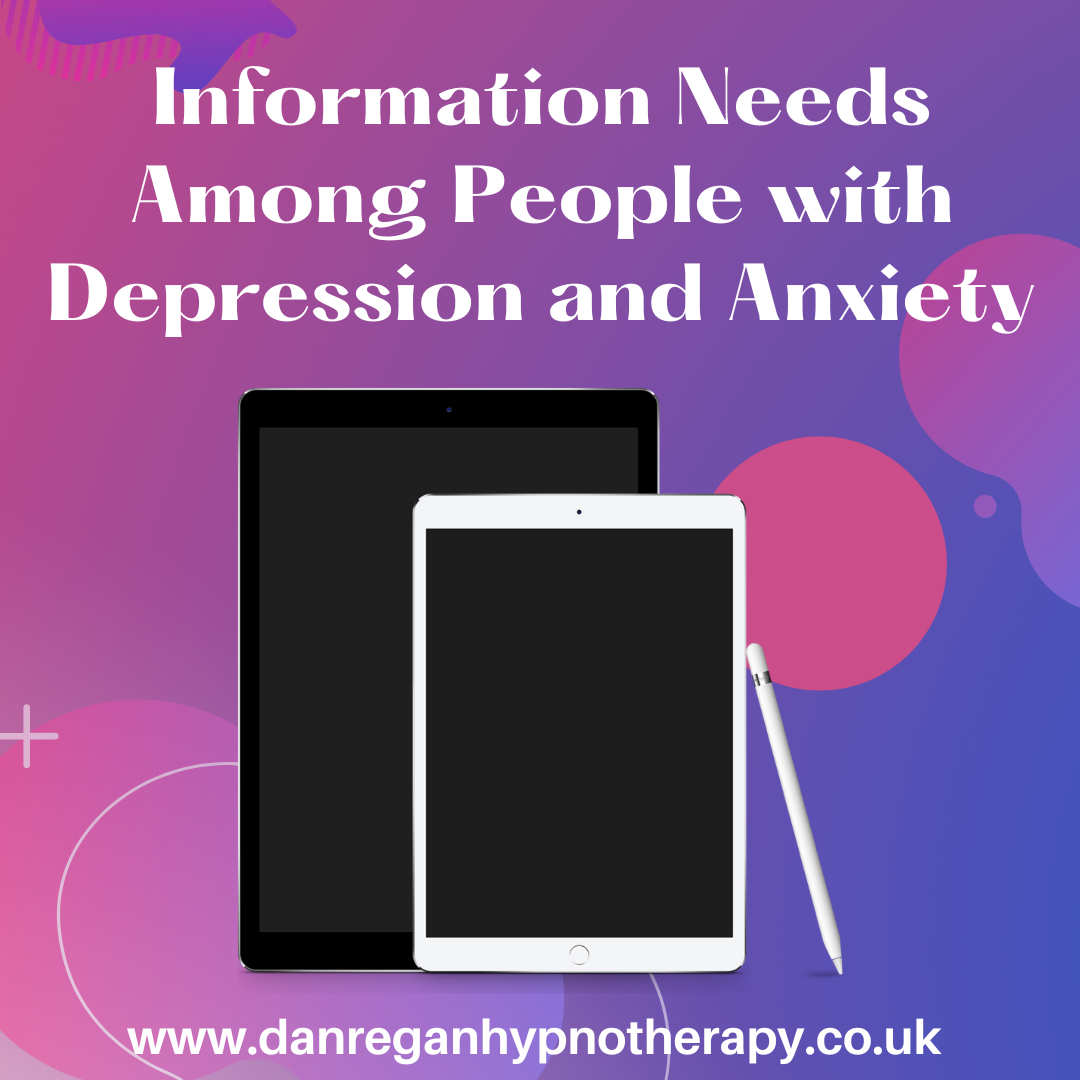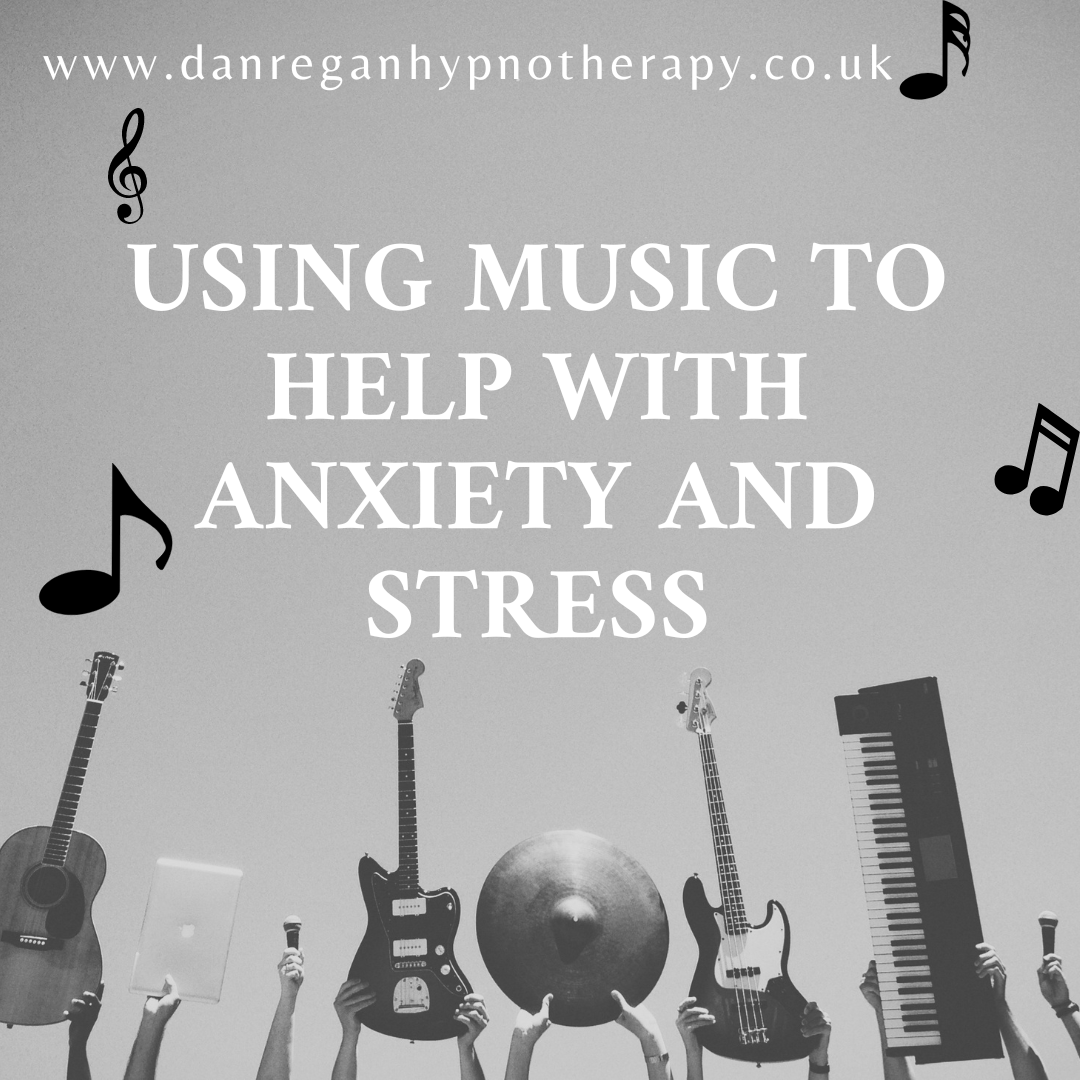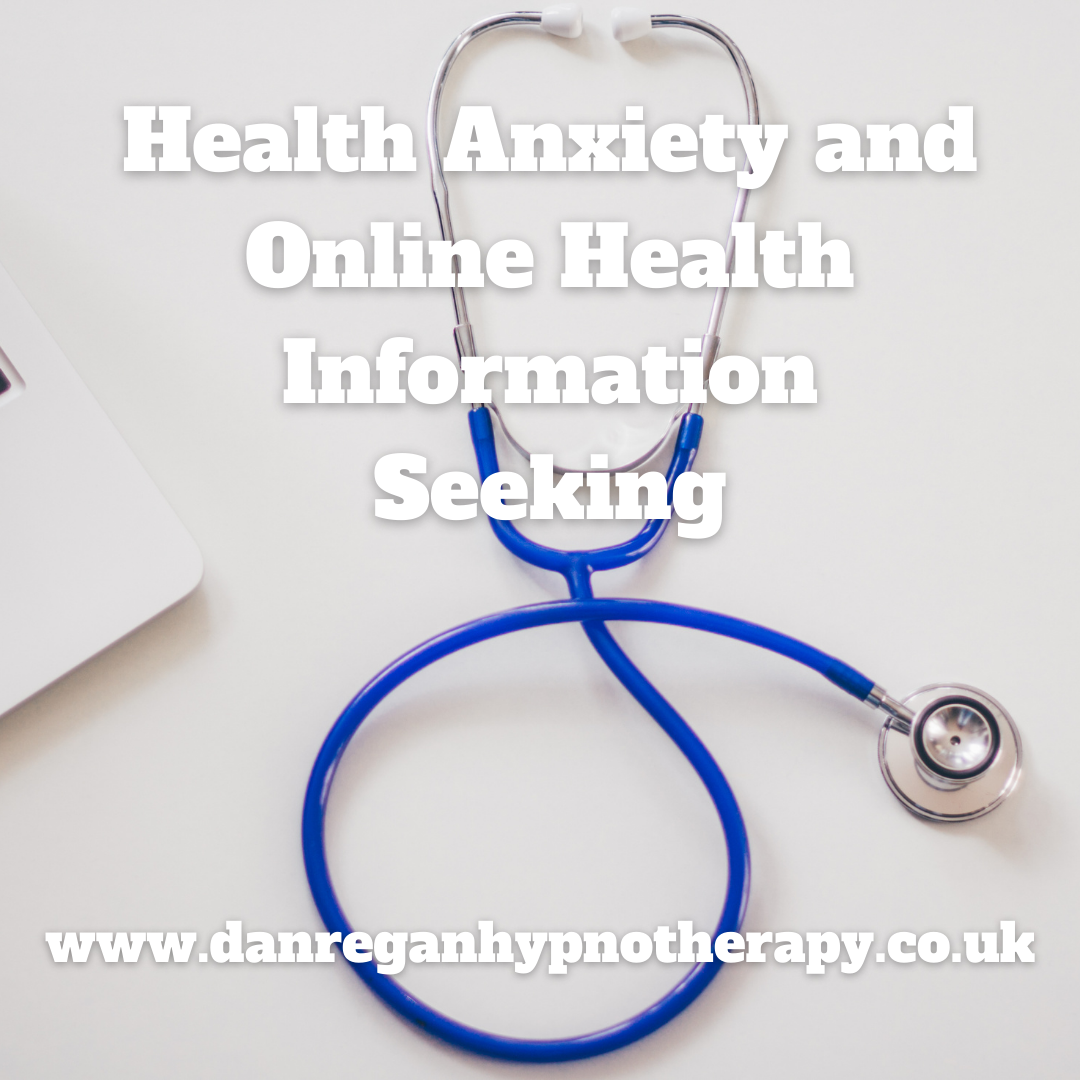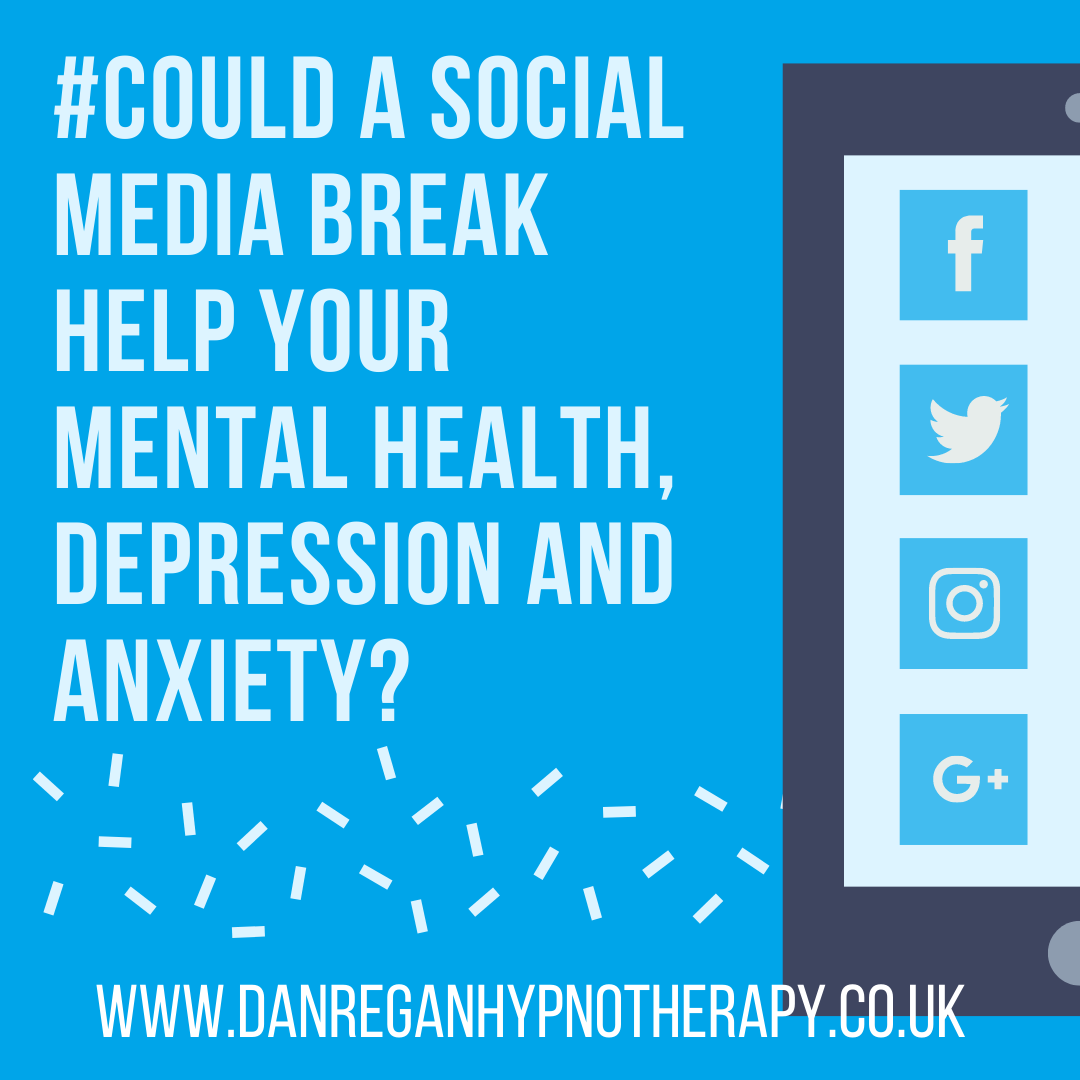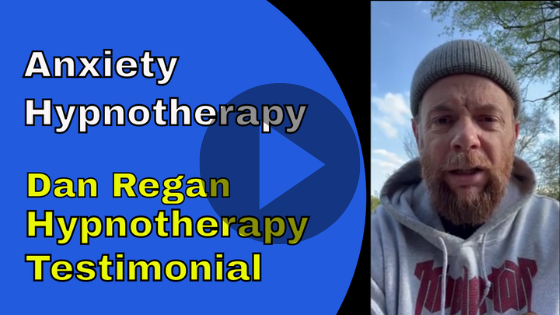Required
A Quick Strategy For Anxious Overthinking – Hypnotherapy in Ely and Newmarket
A Quick Strategy For Anxious Overthinking – Hypnotherapy in Ely and Newmarket
If you struggle with anxiety then you’ll be all too familiar with the overthinking that takes over your thinking and that leads to you feeling more and more tense and on edge. All of that anxious overthinking drives your focus and attention towards all sorts of possible worst case scenarios and other catastrophic outcomes.
And even though you know that a lot of those thoughts aren’t rational or logical, that doesn’t stop them from going around and around inside of your head.
There are many, many strategies for calming anxious feelings and interrupting unwanted anxious thoughts. In this short video I share one strategy that you can all upon to bring your focus back to the present moment and to move your time, focus and energy away from all those imagined future possibilities.

